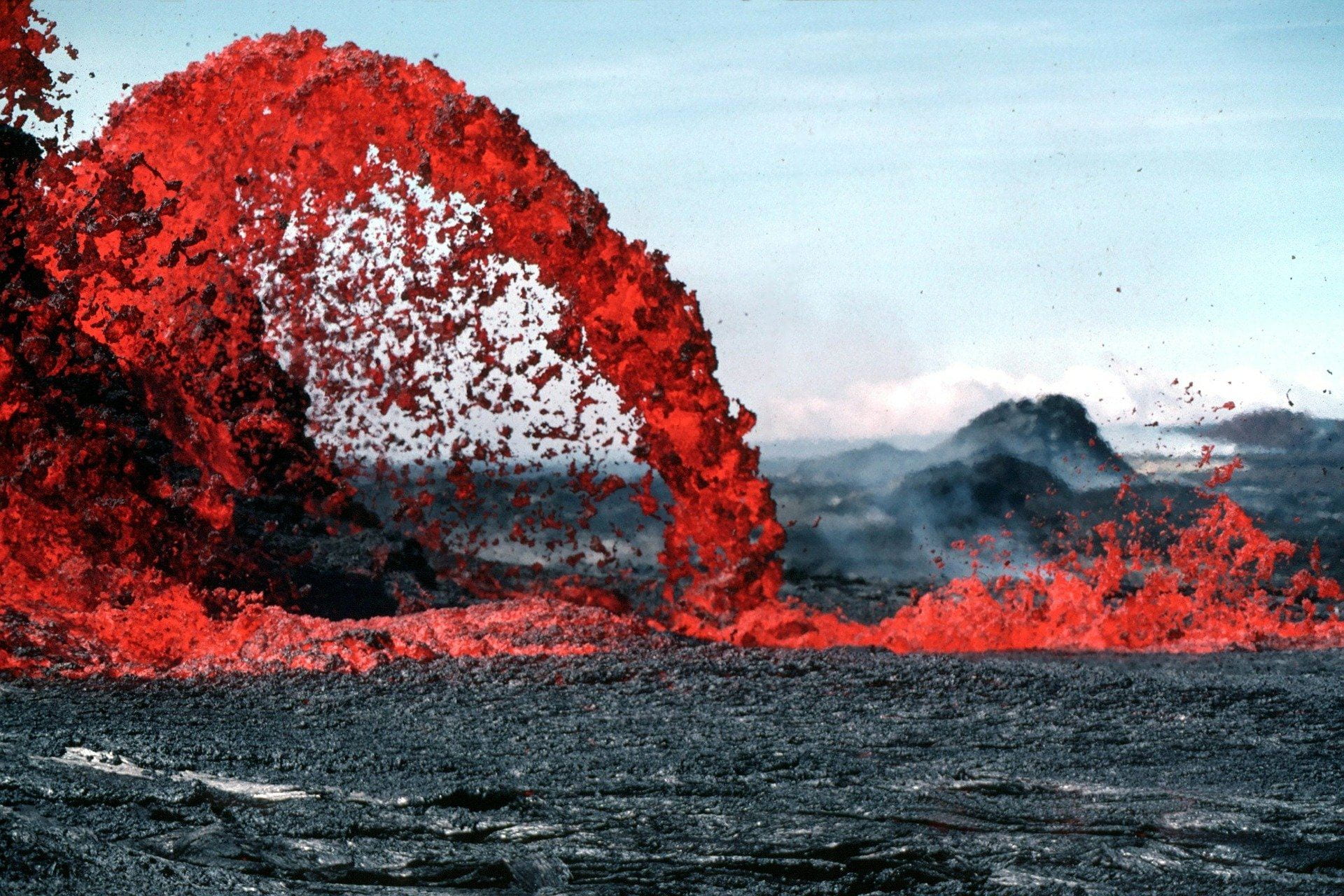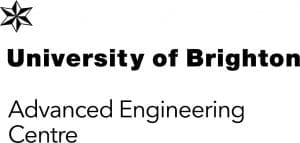An exciting new collaboration between AEC, GA Drilling, Advanced Analysis and MTech-UK Associates, funded by Innovate UK, will be looking at next-generation drills that can help to source sustainable geothermal energy. The aim of the project is to offer an alternative source of geothermal energy by drilling deeper into the earth to support the decarbonisation of the energy sector. The AEC team led by Dr Konstantina Vogiatzaki and Prof Cyril Crua will offer its expertise by carrying out studies of combustion at high pressures needed to break through rock before advising GA Drilling on the best combustion system for a full-scale drilling tool. The tools that will be used in the project are based on work performed previously with the support of EPSRC (EP/P012744/1).
At the depths where the drilling is carried out, the temperatures can exceed 300 degrees Celsius, so developing the technology to effectively break through solid rock in a cost-effective way is challenging. With the drills also coming under extreme pressure as they go deeper (up to 1000 bar), plasma drills like those the team are investigating, are emerging as a faster and cheaper way to dig deep for geothermal power, which could make the energy commercially viable.
Dr Vogiatzaki said: “I am very excited to lead this Innovate project in partnership with GA Drilling. This partnership allows us to apply our advanced numerical tools developed for supercritical fluids in transportation systems to a different field of application (geothermal plasma drilling), diversifying our research portfolio”.
Moreover, the project allowed for former MSc student at the University of Brighton Ugyen Wangchuk to move his first step into the industrial research work, showing not only the strong link between industry and academia that characterizes the AEC, but also the vibrant opportunities that can arise from a degree at UoB.
“It is undoubtedly challenging since I need to get up to speed quickly and have to provide results under strict time constraints” Ugyen said “However, with the assistance from the supervisors and PhD students at the University, I was able to adapt fairly quickly and could put what I have learned from the University into use. I certainly feel very lucky to be part of this project where we are focussing our efforts on designing a novel technology that could one day help us in our efforts to fight the climate change.”
The project was awarded a £417,599 grant. Well done Konstantina and Cyril!






Leave a Reply